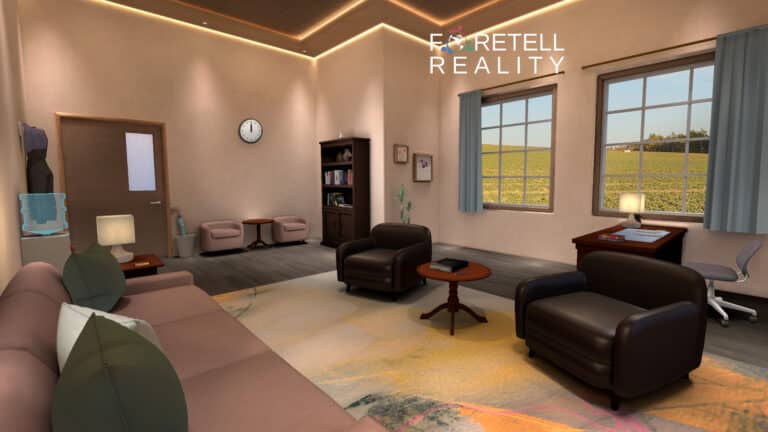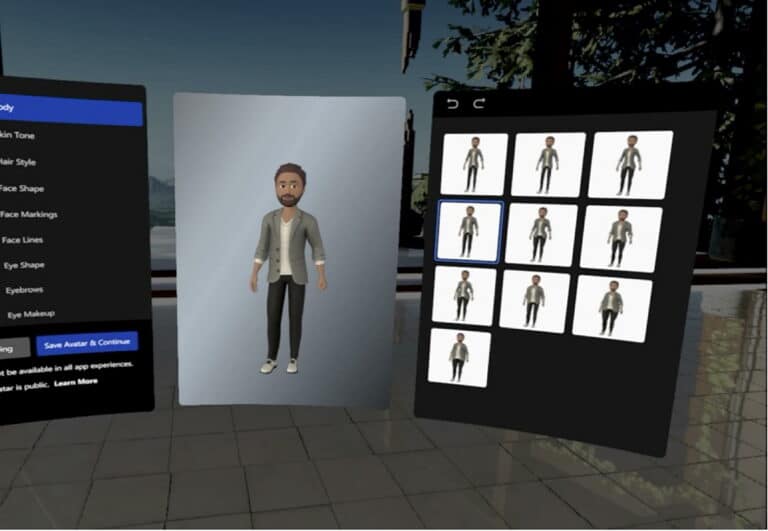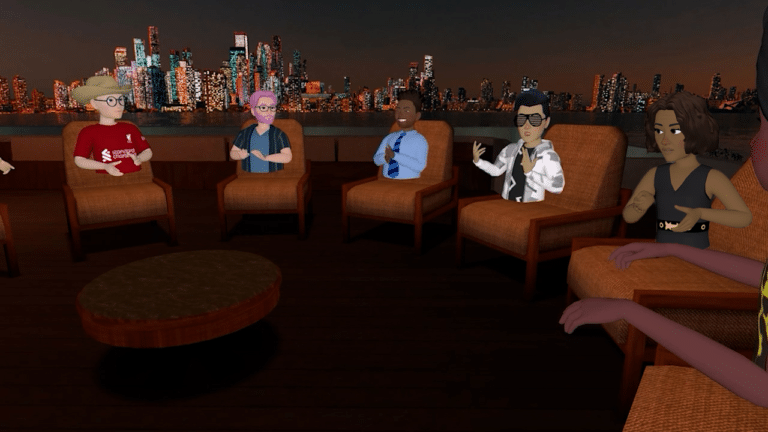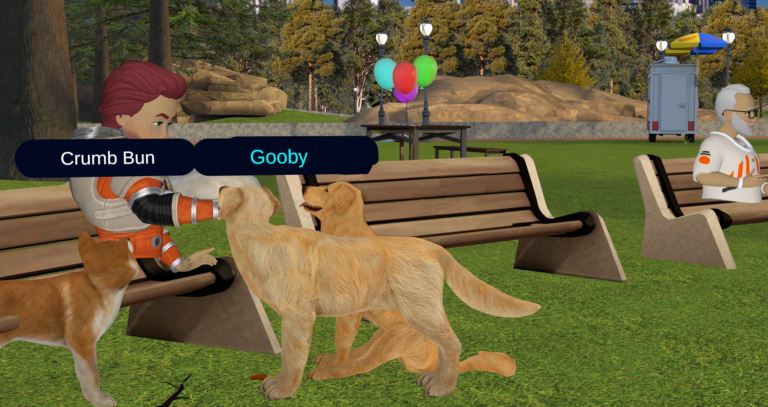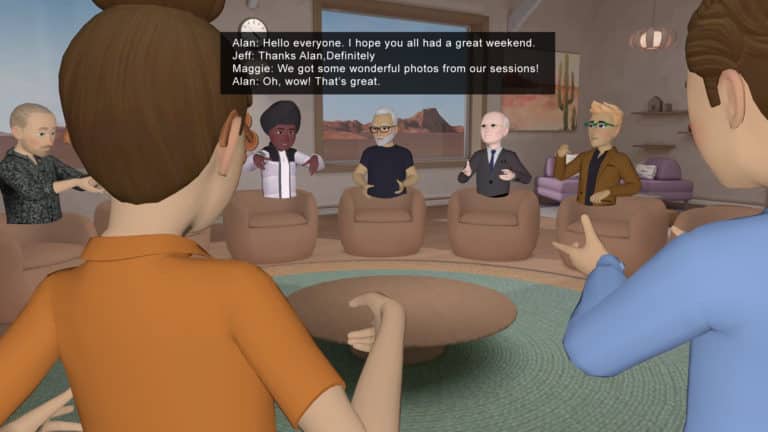A new singing competition on Fox puts a twist on the ‘masked singer’ genre by using holographic avatars to hide the identities of the performers. The name of the show, ‘Alter Ego,’ is a cultural first in that it directly addresses issues of identity and highlights some of the reasons why a performer (and, by extension, anyone else) might want to embody an alternate being for a period of time.
In the trailer leading up to the first episode, there was a common theme among the performers. They weren’t hiding behind these avatars. Instead, they felt the avatars empowered them to excel and to not be judged by anything other than their abilities as a performer.
“How I look has held me back,” says a female vocalist in the trailer. “People always judge me by the way I look,” says another. A third explains, “having an alter ego helps me a lot in life.”
The avatars in ‘Alter Ego’ are fantastical. They have powers like the ability to levitate, transform out of glitter cloud, and direct a stream of emoticons at the judges. They are different colors, shapes, and genders. But the voices behind them are real and those voices may never have been heard without an avatar in front to give them the confidence to move forward.
‘Alter Ego’ is a high profile Hollywood example of how virtual embodiment can empower people to overcome their fears, but many other everyday use cases offer broader and more varied applications. In therapeutic settings, Avatars provide anonymity to those who may not otherwise seek out treatment. In group settings, avatars generate more open conversation, leveling the playing field in a world often structured around physical appearance. Role play with avatars offers opportunities to counter implicit bias or build soft skills like public speaking or negotiation. For those with physical ailments or confined to a hospital bed, avatars offer a chance to be free from the constraints of the real world for a period of time.
Rather than seeing avatars as an escape, ‘Alter Ego’ celebrates the power they bring to those behind them. In social virtual reality settings, avatars can also empower, teach, train, and transform in ways that are just now being more deeply explored.
Foretell Reality is a social virtual reality platform with customizable avatars for a variety of professional use cases including therapy and support and soft skills development. Interested in a demo? Click here.



